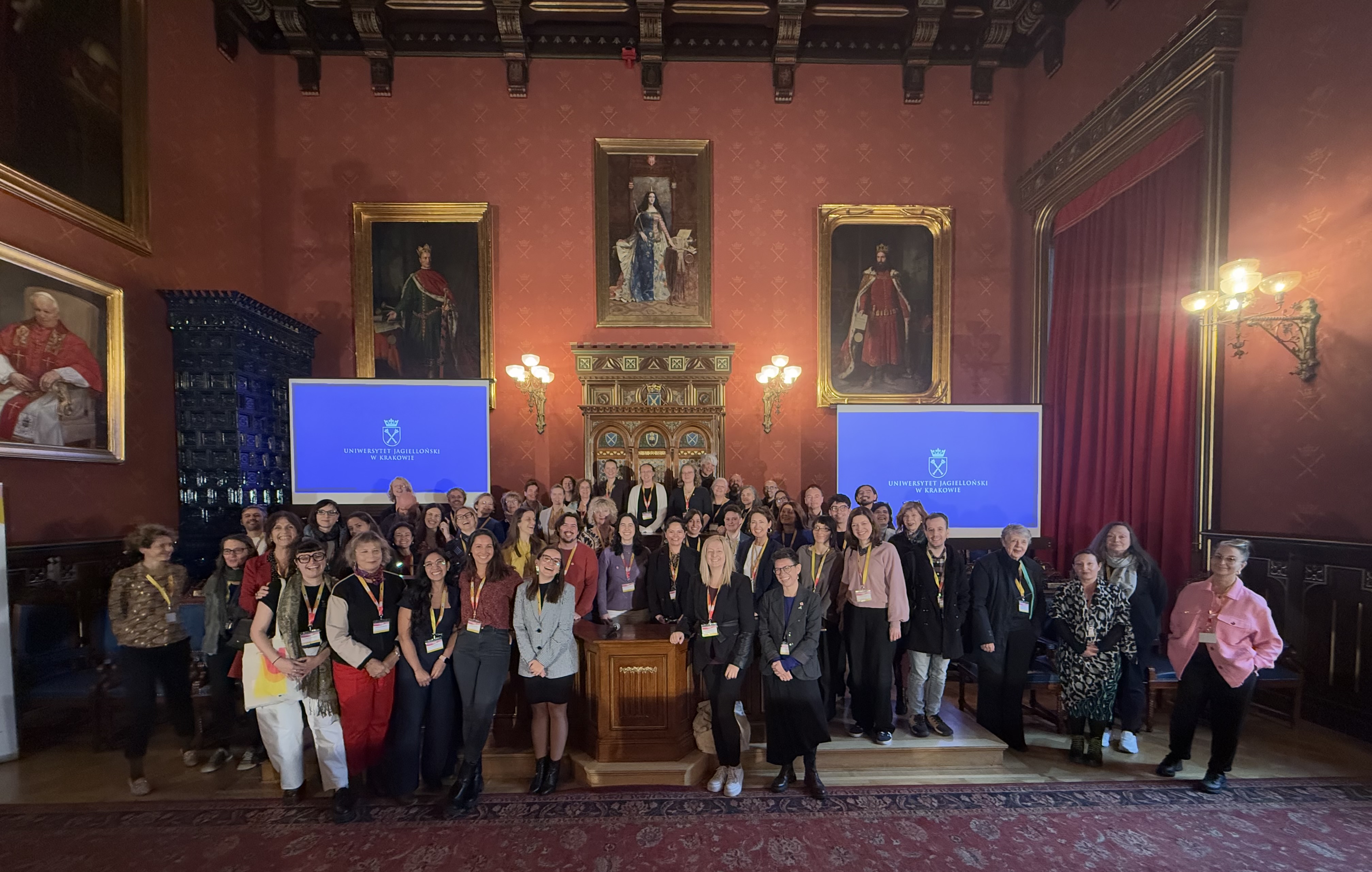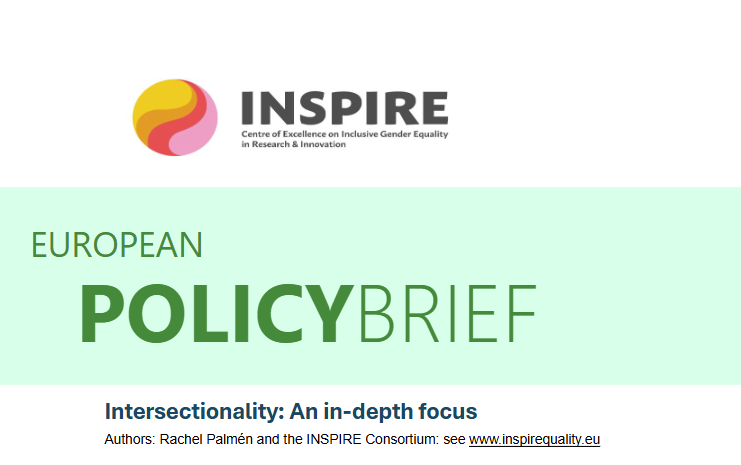On 22 May, a successful workshop was held focusing on the use of statistical tools for working with the Gender Equality Audit and Monitoring (GEAM) survey. The event also marked the official launch of the online version of the handbook on “Statistical Analysis for Inclusive Gender Equality” edited by Jörg Müller, Dalia Argudo, Ewa Krzaklewska, and Paulina Sekuła.
The workshop was organised by Notus, the Universitat Oberta de Catalunya, and the Jagiellonian University as part of Task 3.5 of the INSPIRE Centre of Excellence project.
The session brought together around 40 participants, including experts and practitioners interested in applying quantitative methods to identify and address gender inequalities within organisations using the GEAM survey.
Key aspects of the survey’s design, implementation, and analysis were discussed during the session. The potential of the GEAM to collect high-quality data for gender equality analysis was highlighted, and the online handbook was presented as a key resource to support this work.
The handbook’s authors presented each chapter, which is structured into two parts. Part I outlined statistical techniques for identifying gender gaps, comparing results over time or across organisations, and introduced innovative approaches such as MAHIDA for conducting intersectional analyses of GEAM data.
Part II linked these statistical methods to specific thematic analyses, providing an overview of the main GEAM variables and their relevance to key gender equality issues such as Gender Equality Plan design, work-life balance, organisational culture, and workplace climate.
The workshop concluded with a collective reflection on the practical challenges of applying these tools in real-world contexts, from achieving sufficient response rates to addressing cultural barriers to statistical analysis. Participants agreed on the importance of continuing to share experiences to improve the GEAM manual and to adapt the tools to different institutional settings.
Author: Dalia Argudo, Notus Social Research




